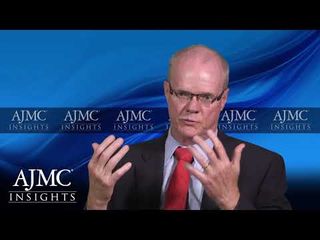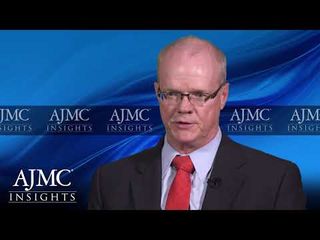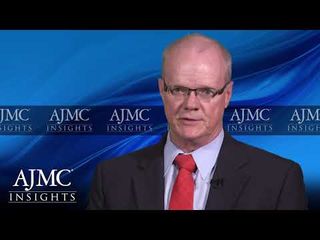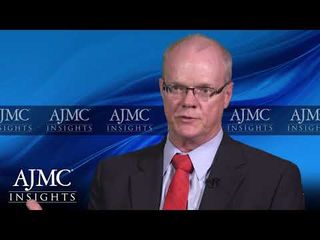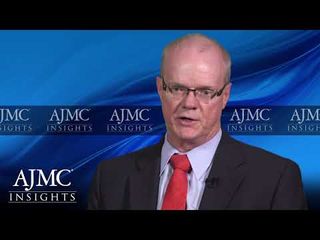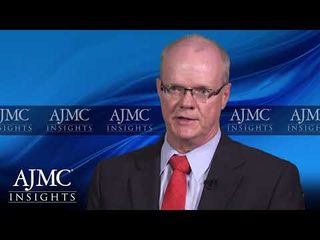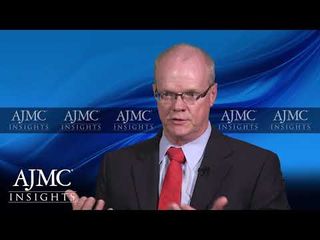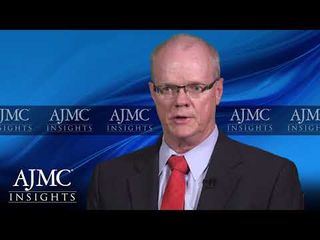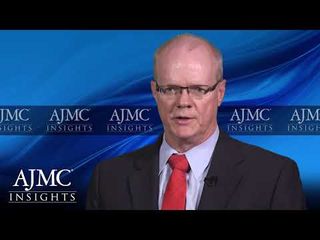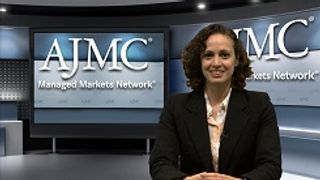
Insurance
Latest News

Latest Videos

CME Content
More News

Three policies to revamp insurance consumer protections for health care delivery are explored, with highlighted areas for improvement being maternal health coverage and loosening of network adequacy requirements.
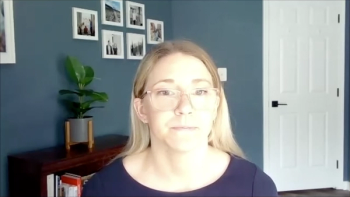
Megan Olsen, MPH, principal at Avalere, discusses how the impact of small patient populations and other limitations may influence payer conversations about gene and cell therapies.

The Alliance of Community Health Plans (ACHP) recently released its 2021 Report on Affordability. In this episode of Managed Care Cast, we speak with the organization about the steps that its payer members are taking to lower costs through offerings such as virtual-first care, remote patient monitoring, and other new products, some of which were created because of the pandemic.

Appeals court affirms decision to place a hold on the Biden administration's COVID-19 vaccine mandate for large employers; rising Medicare premiums linked with controversial Alzheimer drug; 3 states expand COVID-19 booster shot eligibility to all adults.

California is offering COVID-19 boosters to its entire adult population; FDA recalls millions of home COVID-19 tests over false positives; veterans’ access to health resources will be expanded.

Michael E. Chernew, PhD, co-editor-in-chief of The American Journal of Managed Care®, discussed cost and sustainability issues specific to commercial insurance, Medicare, and Medicaid at the National Alliance 2021 Annual Forum held in a hybrid format in Washington, DC.

Individuals who became eligible for Medicaid through Medicaid expansion have an increased likelihood of psychiatric readmission compared with their legacy-enrolled counterparts.

Consumers strategically used a price transparency tool by searching more often in procedure markets with provider-specific information, higher charges, and more out-of-network claims and provider competition.

Ahead of Medicare open enrollment, which starts October 15, CMS released its annual report of which Medicare Advantage (MA) and Part D drug plans achieved 5-star ratings.

Migraines plague some 35 million Americans, the majority of them women in their 30s and 40s, and disabling pain and symptoms are linked to lost productivity at work, school, and home. On this episode of Managed Care Cast, we bring you an excerpt of an interview with a headache specialist about the extra challenges for patients and providers during the pandemic.
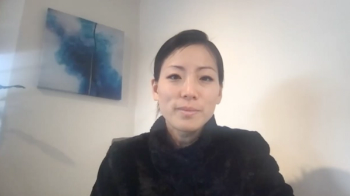
Anemia, fevers, dehydration, and other side effects from cancer treatment are all candidates for targeting with predictive analytics in an effort to care for patients are home instead of the hospital, said Elizabeth Kwo, MD, MBA, MPH, the deputy chief clinical officer at Anthem BCBS, and a speaker at the 10th anniversary of Patient-Centered Oncology Care® conference.

Results of a representative study of patients at federally qualified health centers found Medicaid expansion was associated with reduced rates of uninsurance, improved blood pressure and diabetes control measures, and progress in closing racial care disparities over 5 years.

Remote patient monitoring includes urgent care uses, long-term monitoring to help keep patients with cancer out of the hospital by monitoring the effects of oncology treatment at home, and even voice monitoring to check for altered mental status, said Elizabeth Kwo, MD, MBA, MPH, the deputy chief clinical officer at Anthem BCBS, and a speaker at the 10th anniversary of Patient-Centered Oncology Care® conference.

The fallout from COVID-19 has spotlighted the limitations of US mental health care, prompting the question if alternative treatments—like psychedelics—could help address current and impending crises.

In part 2 of a 2-part series, we look at the mental health risks affecting 9/11 rescuers, the lessons learned that apply to health care workers during the current pandemic, as well as continued barriers to care.

The United States Preventive Services Task Force (USPSTF) lowered its recommended screening age for type 2 diabetes and prediabetes from 40 to 35 years among overweight and obese individuals.

A review of therapies for atopic dermatitis (AD) found adequate net health benefit for new treatments. However, safety remains a concern for the Janus kinase (JAK) inhibitors.

Survey results underscore parents’ frustration with insurers when it comes to caring for their children with rare diseases.

In this episode of Managed Care Cast, the lead author of an article in the July issue of The American Journal of Managed Care describes the latest research that looks at the power of self-insured employers to negotiate hospital prices and the relationship between employer market power and hospital prices.

Larger primary care practices in downside risk–only payment models and capitation saw the highest telemedicine utilization rates by their patients enrolled in Medicare Advantage (MA) plans.

A string of controversies surrounding the approval of Biogen's Alzheimer disease drug aducanumab (Aduhelm) has not only called into question the independent nature of the FDA, but puts both providers and patients in a challenging position when it comes to deciding whether or not to prescribe or take the treatment.

On this episode of Managed Care Cast, Charlie Wray, DO, MS, an assistant professor of medicine at the University of California San Francisco, outlines the findings of a paper he coauthored which assessed Americans' experiences with their insurance providers.

The Medicare Access and CHIP Reauthorization Act (MACRA) needs to be reimagined get back on track and to live up to its promise to incentivize value-based care.

Health insurance companies are anticipating a swell in pent-up demand for delayed or forgone health services in 2020, as well as increased costs associated with distributing COVID-19 vaccines to millions of Americans. To offset the potentially precarious business impact caused by these converging factors, insurers are turning to technology for help.

The measure is designed to end surprise medical billing and balance billing, taking the first step to implement the so-called No Surprises Act that passed Congress at the end of last year.


